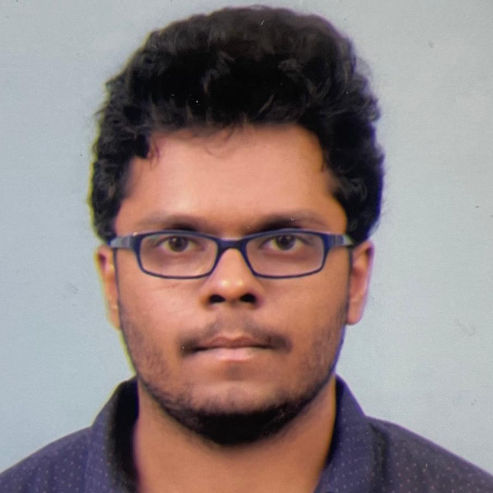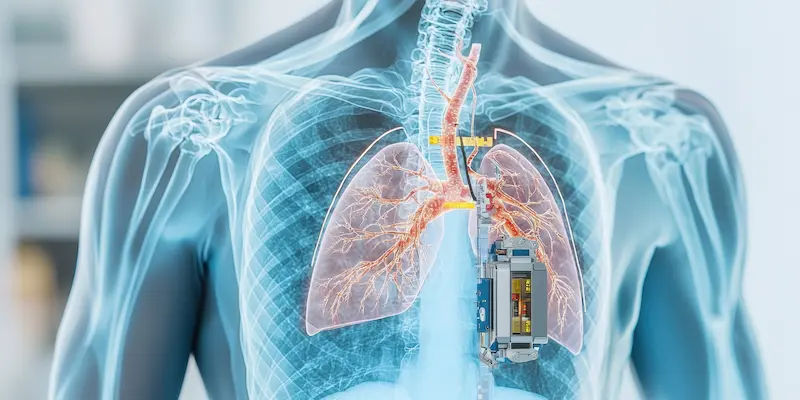Difference Between ECG and Echo Explained
Know what, who and why of ECG & ECHO. Learn the key differences between them and lifestyle tips for a healthy heart.

Written by Dr. Siri Nallapu
Reviewed by Dr. Shaik Abdul Kalam MD (Physician)
Last updated on 13th Jan, 2026

Introduction
When it comes to heart health, doctors often recommend tests like ECG (Electrocardiogram) and Echo (Echocardiogram). Both help assess heart function, but they serve different purposes. This article will give the information, helping you understand why and when they are needed.
What is an ECG?
An ECG (Electrocardiogram) is a quick, painless test that records the electrical activity of your heart. It shows how fast your heart is beating and whether its rhythm is steady or irregular.
How is an ECG Done?
Small sticky patches (electrodes) are placed on your chest, arms, and legs.
These electrodes detect electrical signals from your heart.
The test takes just a few minutes and is completely non-invasive.
Why is an ECG Done?
An ECG helps detect:
Irregular heartbeats (arrhythmias)
Heart attacks (past or present)
Poor blood flow to the heart
Enlarged heart chambers
Limitations of ECG
While useful, an ECG only provides a snapshot of heart activity at that moment. It doesn’t show structural problems like valve defects or heart muscle weakness.
What is an Echo?
An Echo (Echocardiogram) is an ultrasound of the heart. It uses sound waves to create moving images of your heart, showing its size, shape, and how well it pumps blood.
How is an Echo Done?
A technician applies gel on your chest and moves a handheld device (transducer) over it.
Sound waves create real-time images of your heart on a screen.
The test is painless and usually takes 30-60 minutes.
Why is an Echo Done?
An Echo helps diagnose:
Heart valve problems (leaky or narrow valves)
Weak or thickened heart muscles
Congenital heart defects
Fluid around the heart (pericardial effusion)
Limitations of Echo
While detailed, an Echo doesn’t measure electrical activity like an ECG does.
Key Differences Between ECG and Echo
| Feature | ECG | Echo |
| Purpose | Measures electrical activity | Shows heart structure & function |
| How it Works | Electrodes detect heart signals | Ultrasound creates heart images |
| Duration | 5-10 minutes | 30-60 minutes |
| Detects | heart attacks | Valve defects, muscle weakness |
| Pain Level | Painless | Painless |
Get Your Symptoms Assessed by cardiologist
When Do You Need an ECG vs. an Echo?
You May Need an ECG If:
You have chest pain or palpitations.
You feel dizzy or faint often.
Your doctor suspects a heart attack.
You May Need an Echo If:
You have symptoms like shortness of breath or swelling in your legs.
Your doctor hears a heart murmur.
You have a history of heart disease.
Sometimes, both tests are needed for a complete heart evaluation.
Tips for a Healthy Heart
Whether you’ve had an ECG, Echo, or just want to keep your heart strong, these tips help:
Eat a balanced diet – Include fruits, vegetables, whole grains, and lean proteins.
Exercise regularly – Aim for 30 minutes of walking or cycling daily.
Avoid smoking & limit alcohol – Both can harm your heart.
Manage stress – Practice yoga, meditation, or deep breathing.
Monitor blood pressure & cholesterol – High levels increase heart risks.
When to See a Doctor?
If you experience:
- Chest pain or pressure
- Severe shortness of breath
- Irregular heartbeat
- Unexplained fatigue
Consult a doctor immediately. Early detection can prevent serious complications.
Final Thoughts
Both ECG and Echo are essential for heart diagnosis but serve different purposes. While an ECG checks electrical activity, an Echo examines heart structure. Your doctor will decide which test you need based on symptoms.
Get Your Symptoms Assessed by cardiologist
Get Your Symptoms Assessed by cardiologist

Dr. Tripti Deb
Cardiologist
40 Years • MBBS, MD, DM, FACC, FESC
Hyderabad
Apollo Hospitals Jubilee Hills, Hyderabad

Dr. Sumanjita Bora
Cardiologist
9 Years • MBBS, PGDCC
Bengaluru
Apollo Clinic, Sarjapur Road, Bengaluru

Dr. Ramalinga Reddy
General Physician
5 Years • MBBS MD General medicine
Bengaluru
PRESTIGE SHANTHINIKETAN - SOCIETY CLINIC, Bengaluru

Dr. Bhethala Sharan Prakash
General Physician/ Internal Medicine Specialist
5 Years • MBBS MD
Bengaluru
PRESTIGE SHANTHINIKETAN - SOCIETY CLINIC, Bengaluru

Dr. Anand Ravi
General Physician
2 Years • MBBS
Bengaluru
PRESTIGE SHANTHINIKETAN - SOCIETY CLINIC, Bengaluru


